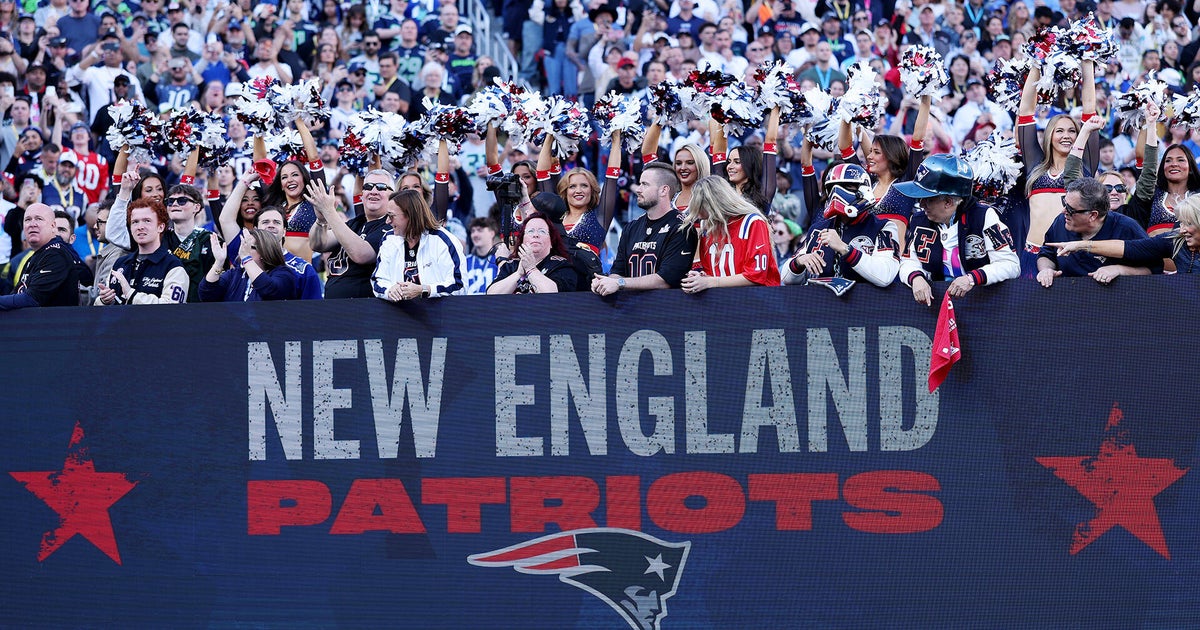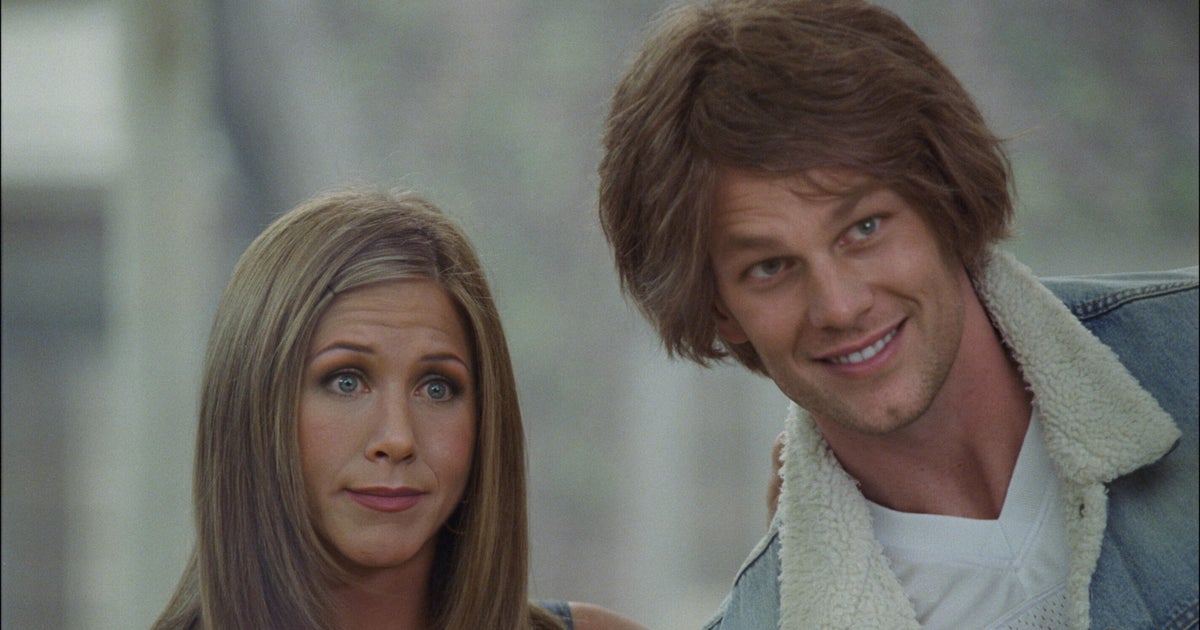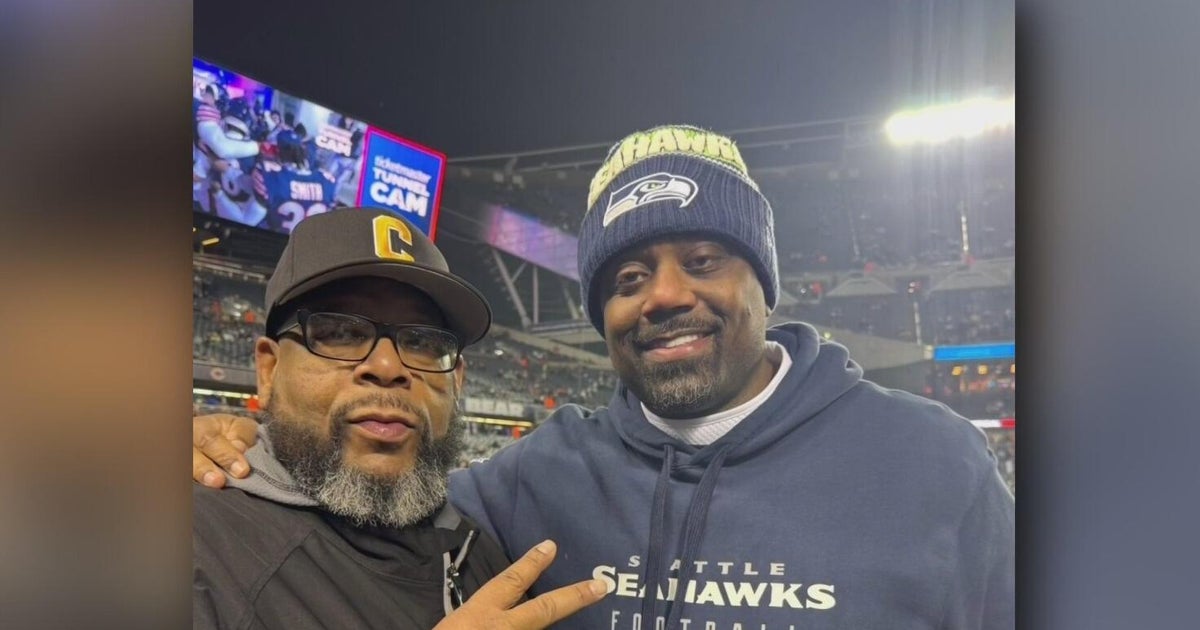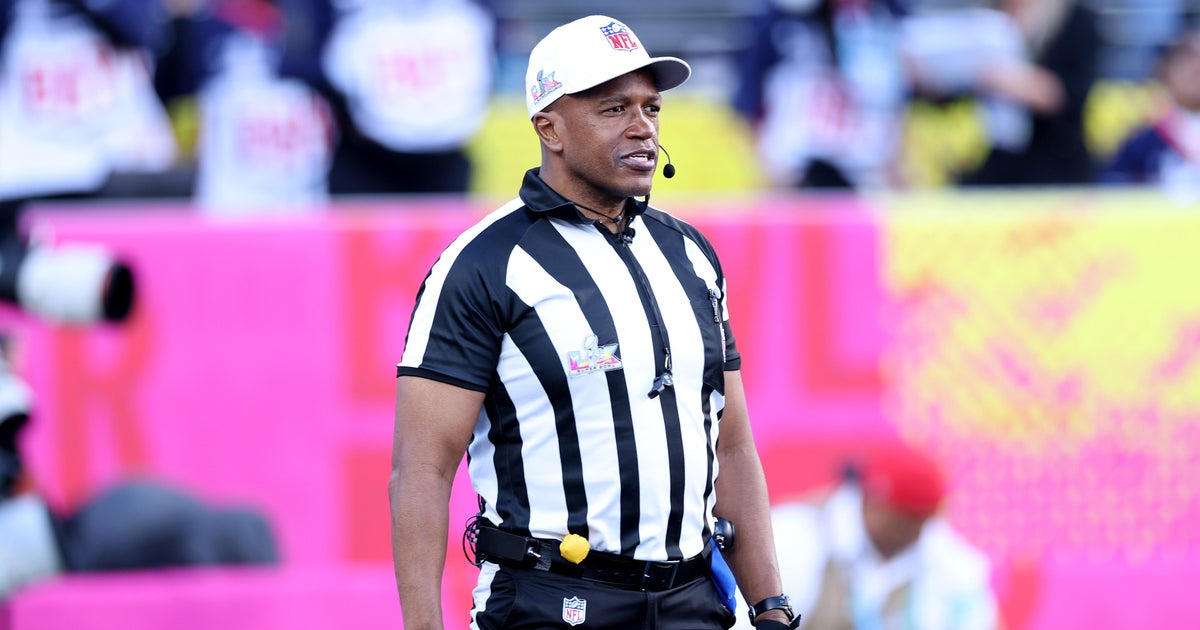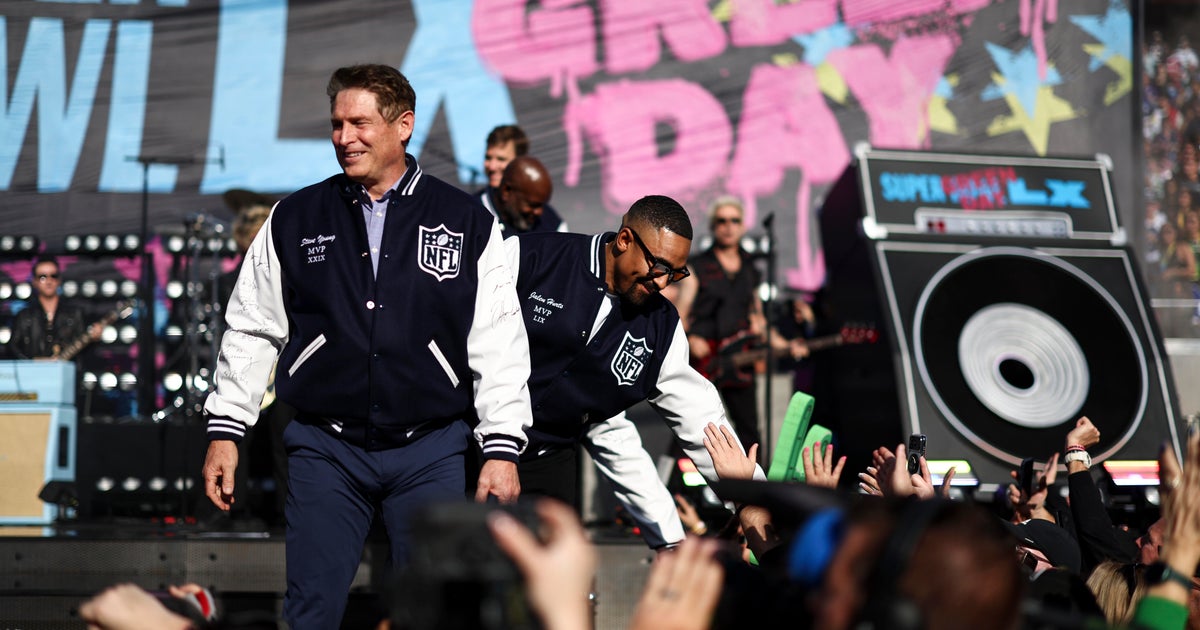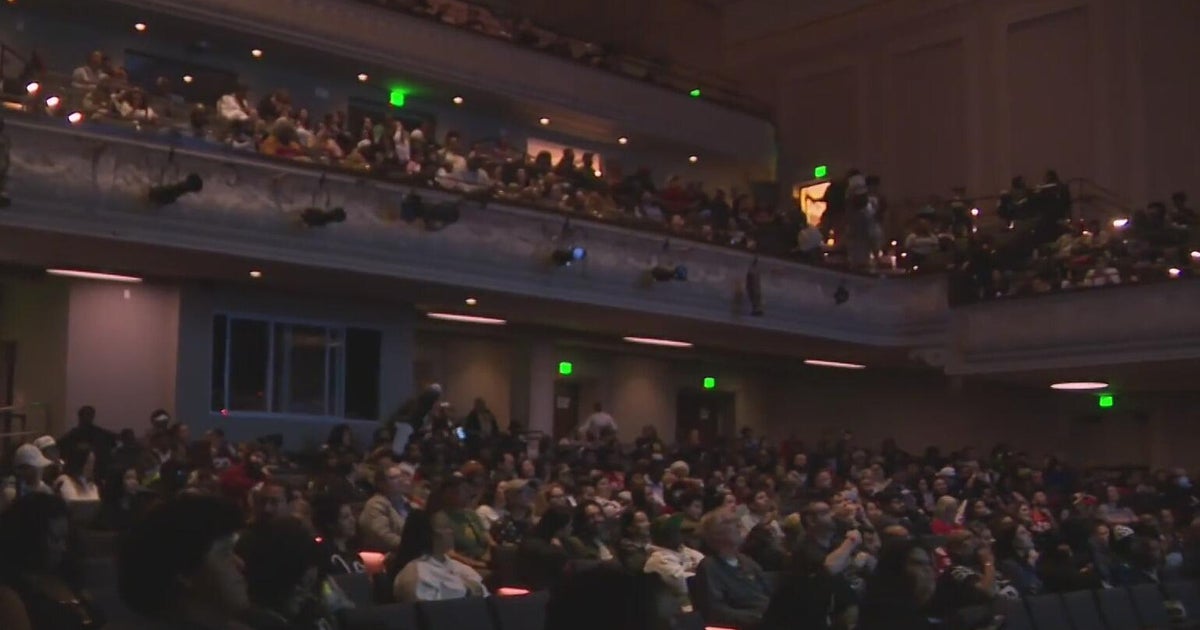Win Or Lose, Tom Brady's Playoff Performance Changes Nothing About Patriots' Decision
By Michael Hurley, CBS Boston
BOSTON (CBS) -- In sports, sometimes we rely too heavily on cold, hard results. Often, it clouds our ability to properly and fairly assess a process and decision-making.
And so, with a certain quarterback named Tom set to embark on the postseason for the 18th time in his ridiculous career, some lines are being drawn in the sand.
If Brady loses on Saturday night, then the Patriots were right to get rid of him.
If Brady wins the Super Bowl, he'll sure make Belichick and the Patriots look like idiots.
Understandably, in a world where winning is all that matters, sometimes we oversimplify matters in terms of wins and losses. But in this case, I implore you to function at a slightly higher plane of existence before making any grand proclamations based on the game results of this weekend or next weekend or the weekend after that.
Really, the rightness or wrongness (depending on your slant) of the Patriots' letting the best player in franchise history leave was determined long ago.
And make no mistake: The Patriots let Tom Brady go. Some shallow attempts to argue for the contrary have been pushed forth, but really, Tom Brady is no longer a Patriot because the Patriots didn't want him anymore. You could read a million words why that's the case, or you could just rely on the fact that the Patriots had about $9 and a Papa Gino's coupon in cap space in the offseason, thus making it impossible to sign Brady (or anybody else, for that matter).
Yet to look at Brady's 40-touchdown season -- just the second in his illustrious, Hall of Fame career -- and say "the Patriots should have kept him" is once again a case of oversimplification. Yes, the Patriots should have kept their franchise cornerstone. But that would have been an entirely useless gesture if the team didn't also build an NFL-caliber offense around him. And that part was never going to happen.
That's why the "Bill was right/Tom was right" debate is largely a waste of time. Even the 2007 version of Tom Brady would have struggled to post even his 2019 numbers if he had been under center for the 2020 Patriots. Brady relied almost entirely on Julian Edelman in 2019, with the receiver accounting for almost a third of the team's entire production through the air.
With no tight ends to speak of and a depleted receiving corps, Brady threw for just over 4,000 yards with 24 touchdowns and eight interceptions. The statistical dropoff led many to surmise that Brady was washed up, despite the physical abilities still being painfully evident to anyone willing to actually look for them.
With a similar offensive group in 2020 (save for the injured Edelman), Cam Newton threw for 2,657 yards with eight touchdowns and 10 interceptions.
That right there should be all that is necessary to determine anything about Brady's departure from New England.
Had Bill Belichick done what was necessary to retain Brady, the results in 2020 would have been slightly worse than they were in 2019. With no cap space and limited options, the Patriots' offense was not going to become a top-five unit overnight. Now, if you compare Brady's and Newton's resumes, you could probably assume that the 7-9 Patriots likely could have gone 9-7 or 10-6 with Brady at the helm. But for a franchise that counts championship over playoff appearances, that hardly would have made a significant difference.
And that is, really, the crux of the entire matter, as New Englanders prepare to watch playoff football without the local team's involvement for the first time in a dozen years, and just the second time in the last 20 seasons. From 2017 (when the Patriots had the NFL's No. 1 offense) to 2018, and from 2018 to 2019, the Patriots' offense was shedding parts and slowly deteriorating. Brady's departure was simply the cherry on top of a years-long process.
The top four Patriots in yards from scrimmage in 2017 (Brandin Cooks, Dion Lewis, Rob Gronkowski, Danny Amendola) were all off the roster by the start of the 2019 season. Their replacements -- Ben Watson, N'Keal Harry, Matt LaCosse, Jakobi Meyers -- couldn't come close to replicating the production of their predecessors. Throw in injuries at center and left tackle, and it's nothing short of a miracle that the Patriots ranked in the top half of the league in offense in 2019.
That miracle's name, of course, is Thomas Edward Patrick Brady Jr. He is the best to ever do it, and he is the only person in the history of the sport to ever play at such a high level well into his 40s. The man has still got it.
But if he stayed -- or if the Patriots tried to convince him to stay -- then those abilities would not have shone through in the way that they have during Brady's first season in a talent-packed offense in Tampa.
It would be the equivalent of owning a McLaren but keeping it in a 25 mph neighborhood. The difference between the high end race car and a busted '96 Toyota Tercel is minimal in such an environment.
From the Patriots' perspective, yes, the poor ending for a player like Brady should be questioned and criticized. But moreover, it's the complete lack of a succession plan that looks much worse. Certainly, moving on from a 43-year-old quarterback is not an insensible decision. Yet to move on from that quarterback with only Jarrett Stidham and Brian Hoyer at the most important position in sports, and then to sign whichever scrap heap veteran was available for free at the end of June, all while taking zero steps to actually add impact players on offense? That looks much worse.
That is the work that Belichick and his crew (which now lacks Nick Caserio) must embark on this winter. They will be doing that regardless of whether Brady's playoff run lasts only 60 minutes or goes all the way through Super Sunday.
And even though it might sound absurd to say that the outcome of Brady's 2020 postseason has absolutely no bearing on the view of the Patriots' decision-making ... it nevertheless has absolutely no bearing on the Patriots' decision-making.
The Patriots allowed their offense to slowly deteriorate over the course of several years. Brady's departure was a significant casualty of that reality, and the 2020 face-plant for New England's offense represented rock bottom.
So you can watch Brady's playoff games in peace, knowing that no matter what he does for the Bucs this month, the Patriots' missteps have already been cemented. And the difficult work that lies ahead remains the same.
You can email Michael Hurley or find him on Twitter @michaelFhurley.
